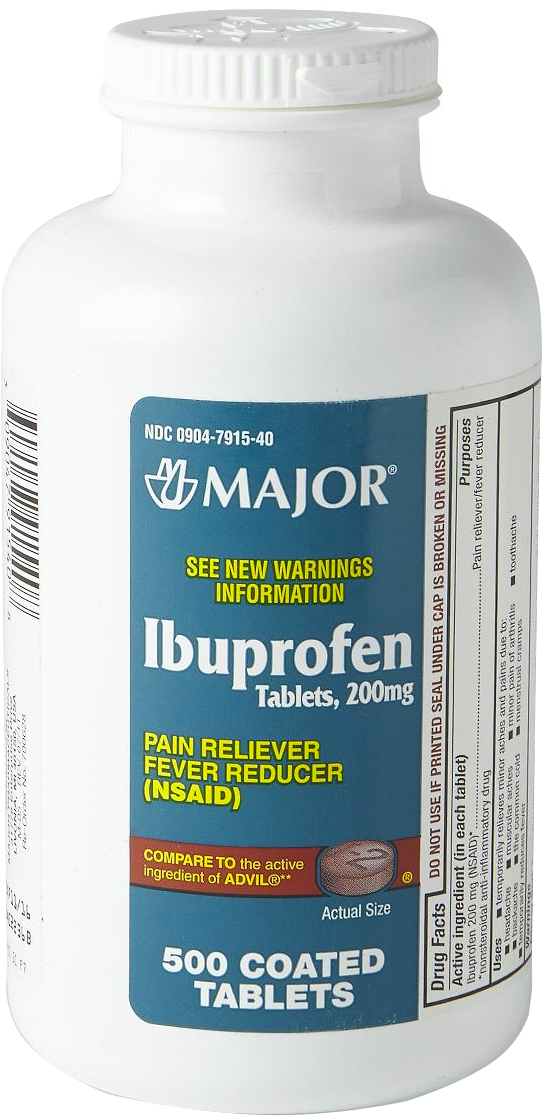
Anti-PDC | Pyruvate decarboxylase
SKU: BTL-AGR-A-00802 | Host: Rabbit | Brand: Agrisera
₹ 0.00
| Cat Number | AS10 691 |
|---|---|
| Category | Primary Antibody |
| Pack Size | 100 µl |
| Description | Pyruvate decarboxylase (PDC) is a homotetrameric enzyme (E.C.4.1.1.1) that catalyses the decarboxylation of pyruvic acid to acetaldehyde carbon dioxide in the cytoplasm. It is also called 2-oxo-acid carboxylase, and pyruvic decarboxylase. In anaerobic conditions, this enzyme is part of the fermentation process that occurs in yeast, especially the Saccharomyces genus, to produce ethanol by fermentation. Pyruvate decarboxylase starts this process by converting pyruvate into acetaldehyde and carbon dioxide. Pyruvate decarboxylase depends on cofactors thiamine pyrophosphate (TPP) and magnesium. This enzyme should not be mistaken for the unrelated enzyme pyruvate dehydrogenase, an oxidoreductase (EC 1.2.4.1), that catalyzes the oxidative decarboxylation of pyruvate to acetyl-CoA. |
| Applications | Western blot (WB) |
| Immunogen | KLH-conjugated peptide derived from available PDC sequences including Arabidopsis thaliana, PDC1 UniProt: O82647, TAIR: AT4G33070 and PDC2 UniProt: Q9FFT4 TAIR: AT5G54960 |
| Clonality | Polyclonal |
| Host | Rabbit |
| Form | Lyophilized |
| Molecular Weight | 65 | 65 kDa (Arabidopsis thaliana) |
| Dilution Range | 1 : 10 000 (WB) |
| Uniprot Number | O82647, Q9FFT4 |
| Purity | Serum |
| Specie Reactivity | Arabidopsis thaliana, Oryza sativa, Zymomonas mobilis |
| Expected Reactivity | Aegilops tauschii , Brassica napus, Chlamydomonas reinhardtii, Cocos nucifera, Dichanthelium oligosanthes, Fragaria ananassa, Hordeum vulgare, Glycine max, Nannochloropsis gaditana, Nicotiana tabacum, Panicum miliaceum, Phoenix dactylifera, Pisum sativum, Potamogeton distinctus, Saccharum officinarum, Solanum tuberosum, Sorghum bicolor, Ricinus communis, Rosa chinensis, Trifolium pratense, Zea mays, Vitis viniferaSpecies of your interest not listed? Contact us |
| Reconstitution | For reconstitution add 100 µl of sterile water |
| Storage | Store lyophilized/reconstituted at -20°C; once reconstituted make aliquots to avoid repeated freeze-thaw cycles. Please remember to spin the tubes briefly prior to opening them to avoid any losses that might occur from material adhering to the cap or sides of the tube. |
| View Document | |
| Product Url | View Document |
| Note | The product is for research use only |
